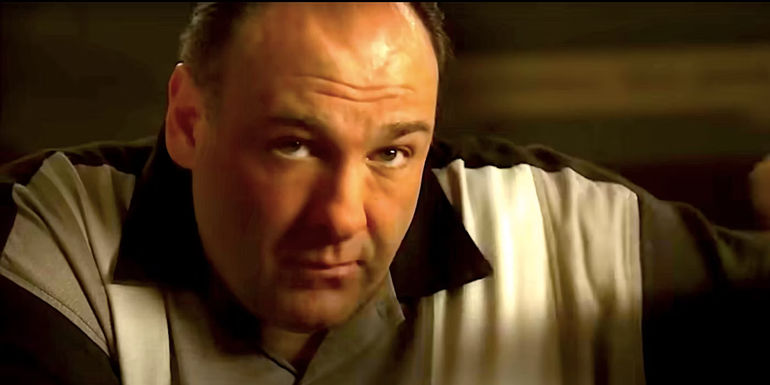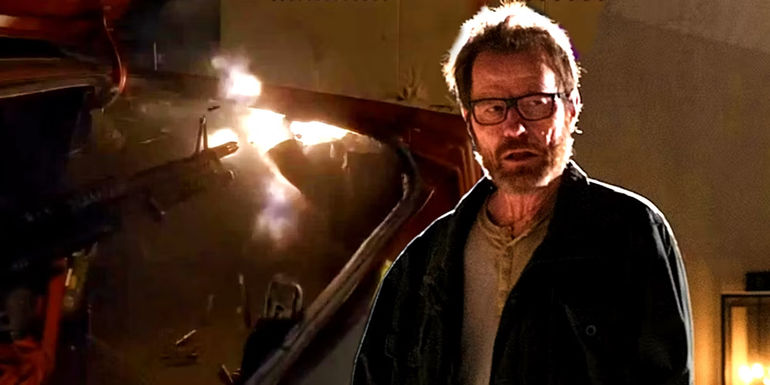
10 Unforgettable Final Shots From Great TV Shows

A look at some of the most iconic final shots in television history, showcasing the powerful and memorable conclusions of beloved TV series.
The Art of the Unforgettable Final Shot
When a television series has had an amazing run, it's important to end the show with a moment that will stay with the audience forever, a fantastic final shot. This last frame of the series must encapsulate the themes and tone of the show and leave the viewer satisfied. Finding a balance between pleasing the audience, and completing the narrative arc of the show and characters in the most truthful possible way is a difficult line to walk.
Tony Soprano looks up in the final seconds of The Sopranos series finale
Before an unforgettable final shot of a series can exist, a show must prove itself as a significant addition to the history of television. The past several decades have been an unprecedented era of peak TV, but there are several elements that a series must incorporate to be considered prestige TV. Through lines of prestige television involve a morally ambiguous protagonist, elevated and high-concept cinematography, and quick-witted dialogue. However, not every show has the ability to provide both an amazing run and an iconic ending, but the ones that do are never forgotten.
Unresolved Conclusion: The Sopranos
The final shot of The Sopranos provides one of the most devastating cliffhangers on TV. Tony Soprano (James Gandolfini), the protagonist, has long been the violent and corrupt leader of his mob family in New Jersey. By the end of the series, he has turned on everyone closest to him and committed unforgivable acts. Due to this, he has made a lot of enemies.
In the show's last moments, he is at dinner with his family when he finds himself staring down the barrel of a gun. Before any of the action can unfold, the screen cuts to black and the series concludes. Although some were dissatisfied with this unresolved conclusion, there is little question as to what must have happened to Tony, one way or another, after the events of the series.
Victory in Defeat: Breaking Bad
From the very beginning, Breaking Bad makes it clear that Walter White (Bryan Cranston) is going to die. He is diagnosed with terminal cancer in the first episode of the series, and every choice, for better or worse, that he makes from that point on is made with the knowledge that he's not long for this world. He decided to start cooking meth using his abilities as a high school, chemistry teacher, and quickly becomes embroiled in dangerous situations that wear away his humanity.
Bryan Cranston as Walter White during his final moments in Breaking Bad
In the finale, he attempts to tie up loose ends before his cancer overcomes him, but an old enemy gets there first and Walt dies before the police can apprehend him. The sounds of the police arriving can be heard as Walt lies on his back, dying, and reveling in the success of his drug empire. Although he dies, Walt wins in the end because he gets the power he always wanted, and the money to leave for his family.
Bryan Cranston as Walter White in Breaking Bad and an image of his machine gun from the series finale














